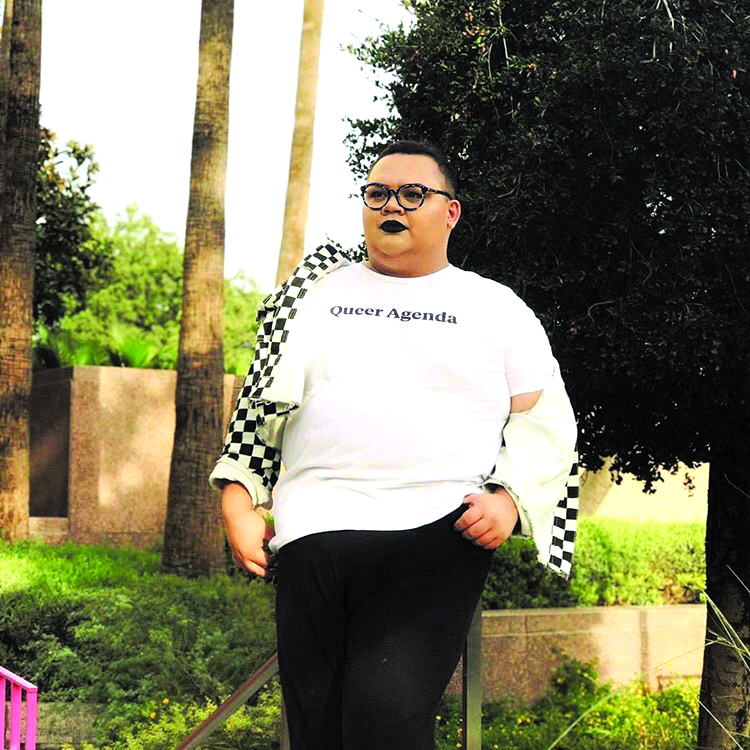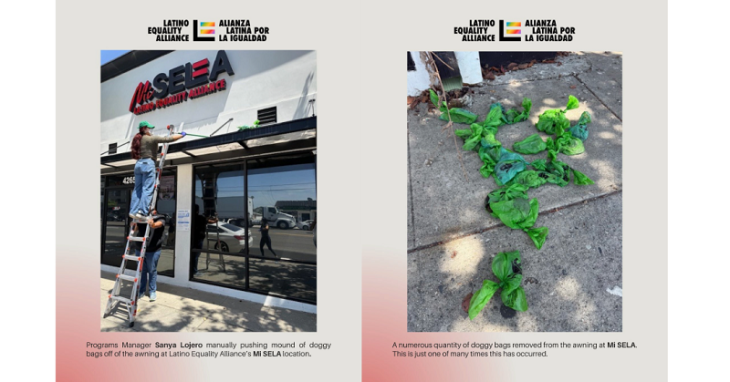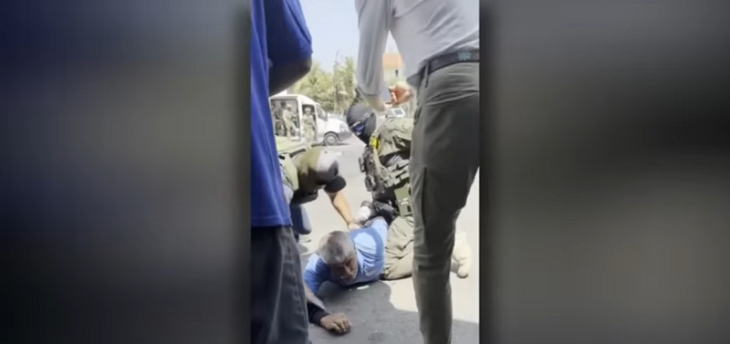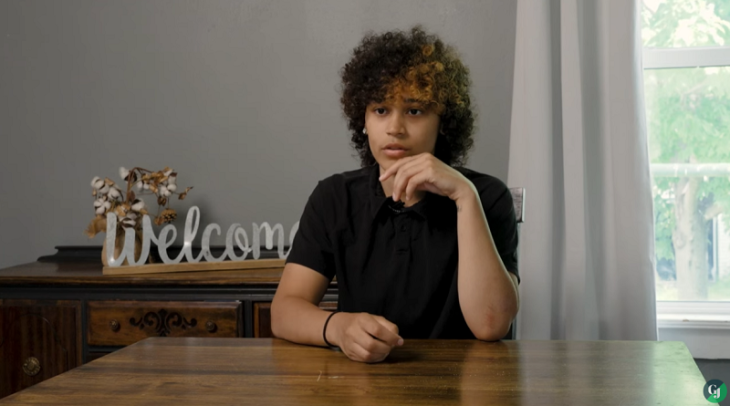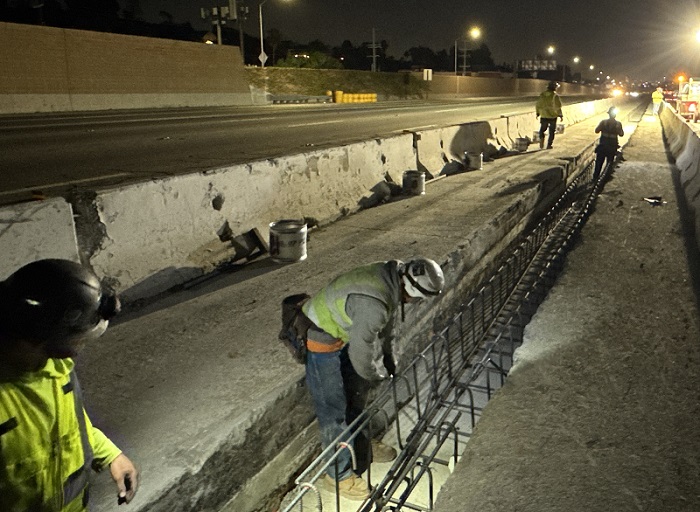By Jorge Paniagua
Jessica Jean nearly became part of a growing statistic after downloading the popular LGBTQ+ dating/sex app Grindr.
Violence against transgender people continues to be a daunting issue within the LGBTQ+ community. Los Angeles, alone, recorded a nearly 13 percent increase in hate crimes toward LGBTQ+ people and black community members last year, as reported by The Los Angeles Times.
Yet, there are many transgender people who come face-to-face with assailants and live to tell their story. Jessica-Jean de la Vega, a youth education advocate for a Los Angeles-based trans health clinic, is one of them.
De la Vega had downloaded the notorious LGBTQ+ dating/sex app, Grindr. She, like so many other LGBTQ+ people who frequent the app, was looking forward to simply meeting someone for a casual connection. However, she never expected to invite an assailant over — one with the intention to rob as much as he could.
Before inviting the man over, De la Vega did not pick up on any red flags during their exchange on Grindr.
“It was a totally normal conversation,” De la Vega said. “We had a full-blown conversation — pictures were sent, we talked to each other, there wasn’t anything assuming. He had mentioned he was on the DL — I said that’s fine. He sent me his actual photos. Everything matched when he got here.”
After the man made his way into De la Vega’s home, he violently pushes her down and pulls out a gun. “Value your life,” the assailant said while pointing his gun toward her.
“There’s like a sense of security you expect from being on this app that’s targeted toward queer people,” De la Vega said. “You don’t expect that to happen.”
The assailant stole De la Vega’s phone, wallet and even went as far as taking the flat-screen television in the living room, which belonged to her roommate.
Yet, De la Vega feels fortunate that the altercation didn’t escalate to violent heights. If she hadn’t complied with his requests, she fears she might have become a part of a statistic already growing at an alarming rate.
In 2018, 26 transgender people lost their lives by means of brutal violence. So far, in 2019, there have been more than 10 transgender people who have been murdered — many such as Dana Martin, a 31-year-old black transgender women, were fatally shot. Martin was found dead in her car — having lived her final moments in a roadside ditch somewhere in Alabama, according to Human Rights Campaign.
“I’m really fortunate,” De la Vega said. “Someone else, two weeks later, was robbed by the same person. She got physically hurt, I did not.”
The person that De la Vega is referring to is Luna Lovebad, a 28-year-old transgender Latinx women with a career in music. Lovebad performed a musical set at LA Pride, the day after she was robbed by two men at gunpoint. According to Lovebad, after re-downloading the app in the weeks following the assault, she was messaged by an anonymous profile. The message read: “You was broke anyways bitch. Should’ve shot yo dumb ass,” as reported on her Instagram account.
“I think we face a lot more violence, just in general,” De la Vega said. “I mean we constantly see how many trans women have already died this year. And then, on top of all of the trans violence, they just have funeral services for trans woman in our community — it’s like we constantly face this.”
De la Verga remained off of Grindr immediately following the incident. However, she recently re-downloaded the application. Her reasoning: she deserves to live her life. Moreover, she believes it’s, oftentimes, difficult for LGBTQ+ people to date, or connect for casual fun, without the help of queer apps such as Grindr.
However, she does admit that she is much more cautious about who she meets over the app.
“There are so many different things that can lead to violence [for transgender people],” De la Vega said. “Whether it be from Grindr, whether it be from anywhere else. You have to look at the disparities that transpeople face versus cis-folk. Because it’s not just trans women, it’s every person that falls outside of the gender binary that this happens to.”
De la Vega recently installed a security camera inside of her apartment — it directly faces the front door and is linked in real-time to her cell-phone. She says it makes her feel safer following such a traumatic incident.

